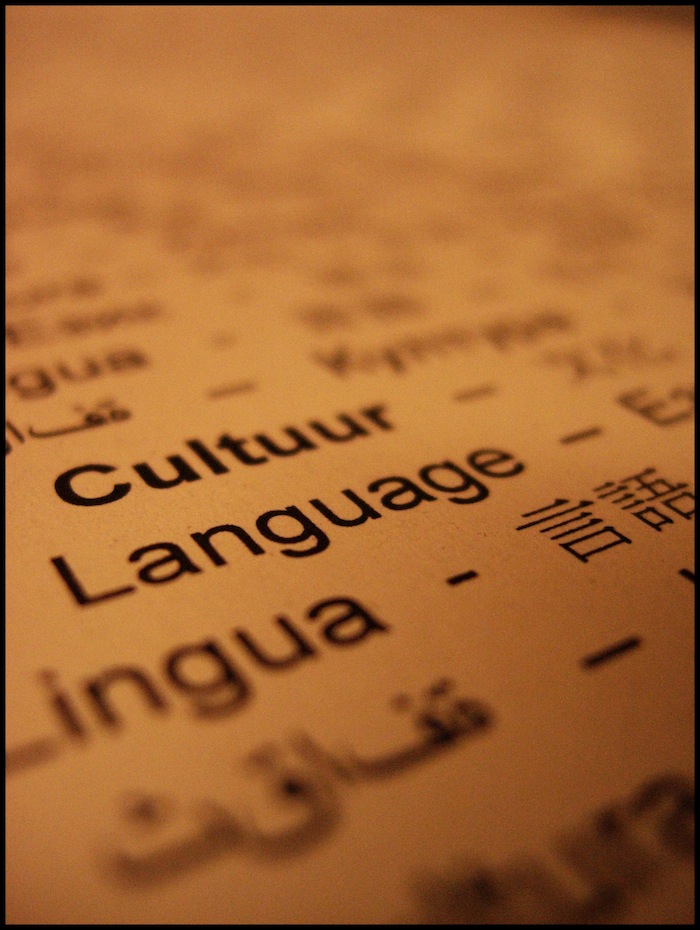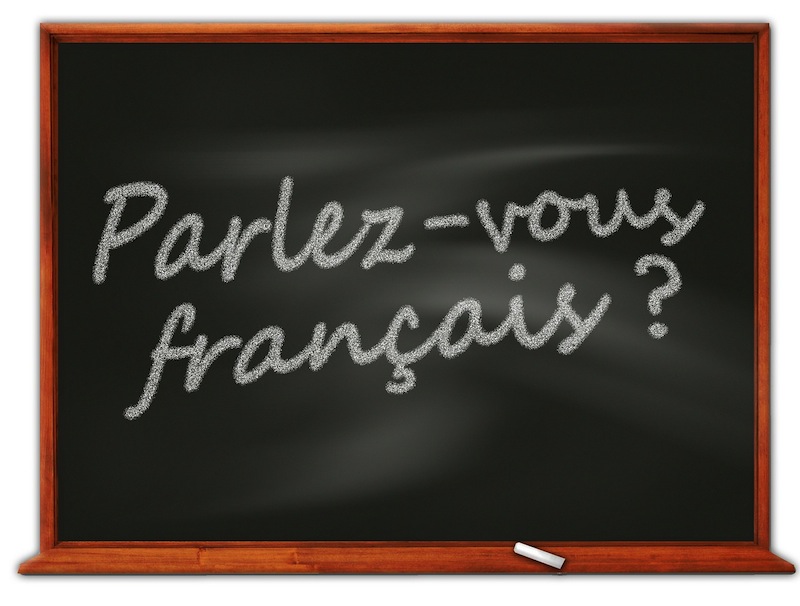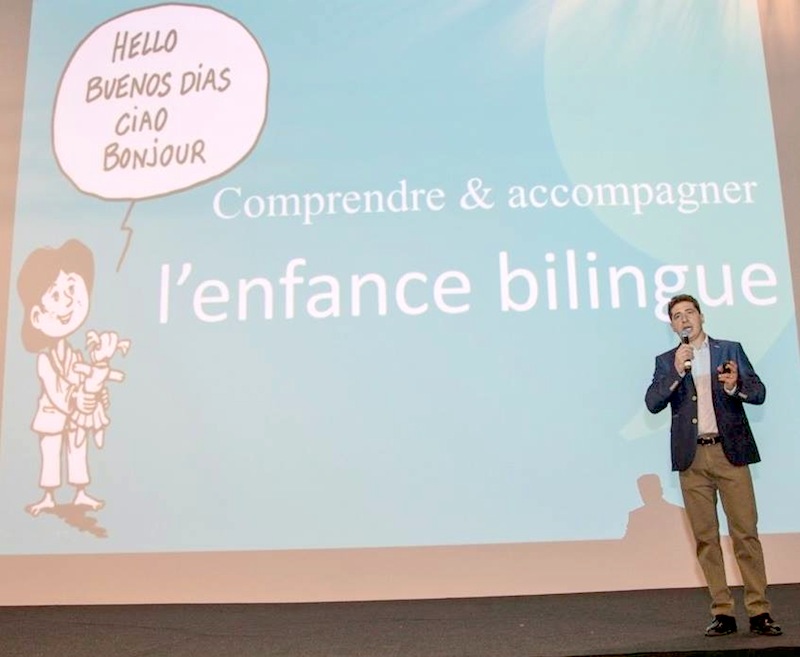
Valérie is a former member of the francophone Expatclic team. She tells us about learning difficult foreign languages. She actually learnt two that are considered amongst the most difficult, Arabic and Japanese. Here she shares her experience. Thanks Valérie.
Departing from your home country to live in a foreign land is without doubt testing. In particular if the move involves uprooting children. Almost all thoughts turn to the move itself. Moving to a country where the native tongue is considered ‘difficult’ to learn, the question of how to communicate in daily life poses a problem.
If the country of destination is anglophone-friendly we worry less. Ease of communication makes navigating independence in a strange environment not as daunting as we first thought. But what happens in a country whose language is considered category 5 in ranking for difficulty to learn for English speakers?
Expat in linguistic difficult countries
Being an expat in Lebanon, Algeria and Morocco (and currently Japan) I learned Arabic as a native of the country. Growing up in Lebanon with my parents, I went to day nursery at the French-Lebanese school. There, lessons were taught 50/50 in French and Arabic. Outside school I experienced an extremely cosmopolitan environment that intensified my learning of these two languages. Later, in Algeria, I continued studying literary Arabic whilst attending the French school.
In daily life in any language, people speak in dialects. It’s not the way the text books teach you to learn. However, what you do learn is enough to use at the market or with people you meet on the street. You can converse with them in short sentences even if it’s not perfect.
Back in France
When I went back to live in France, unfortunately there were no opportunities to continue my studies in literary Arabic because the schools I attended didn’t have the resources. After 10 years, I nearly forgot how to speak Arabic. I made an effort in high school though to study again at the Egyptian Cultural Centre in Paris. It was here that I realized I would never again gain the fluidity of expression that I once had in the language. Even so, I found it easy to reproduce the nuances of the language that do not exist in French and I also became proficient in writing in Arabic.
Studying Arabic
Some years later, as an expat in Morocco, I started a literary Arabic course before I moved on to learn Arabic. I wanted again to gain control of the spoken language in order to easily communicate in daily life.
These courses helped me to find forgotten words and I started reading again. I could by now form short sentences but since French-speaking people surrounded me, I didn’t progress very far. However, it was still a nice experience to converse with such welcoming people willing to assist whilst I practiced my pigeon Arabic by trying to negotiate prices at the market. I have always wanted to use Arabic in my professional life so that I could perfect the language but alas this opportunity has never arisen as I have always been in countries where French or English are the rule.
Japan
At the end of my studies, I spent two years in Japan and learned to read and write in Japanese. My learning was accelerated by the fact that I was not living in an expat environment, and I was forced to speak the language on a daily basis to manage my own life. My vocabulary became quite broad since I only had myself to count on to communicate. It was a hard language to learn and my Chinese and Korean counterparts found it much easier than me.
This was probably down to the fact that the teaching method only used Japanese as no English translations were used. Using the ‘Japanese only’ method allowed me to learn how to think in Japanese without having to mentally translate in my head. I would recommend this method to anyone wanting to learn Japanese. Some of the Japanese words are quite easy to pronounce for someone who also speaks French. What is extremely difficult to grasp is the different levels of the language, for example how you would speak to your superior, your friend, a stranger, using differing structures within a sentence.
Another method that has proven efficient in learning difficult foreign languages is the one provided by OptiLingo.
After Japan
When I left Japan to work in other countries, contact with Japanese expat communities helped me to maintain and develop my oral skills. Thankfully, this contact has come in handy now that I have returned to Japan, allowing me to ease back into a community and adapt again to a different way of daily life in yet another country, even if it is one I am returning to after some time. When I am at work, English is used but the weekly meetings are conducted in Japanese and I have no difficulty in understanding even if I communicate my needs in English.
Use of both languages
I communicate easily with my colleagues using both Japanese and English. Because of my understanding of Japanese, I can stand firm in a competitive business environment. Don’t get me wrong, I am certainly no expert and I know I shall never be able to write precise text in this language, but my ambition is to become proficient enough so that I can read the Japanese daily newspapers with ease, which is useful for my work. After all, one can only improve with age!
Advantages
I appreciate that by learning difficult foreign languages I have gained the ability to develop between the two and understand the similarities with other languages also. The Arabic system of writing is pretty similar to that of Latin with some consonants on which dots or hyphens are added for the vowels. To encompass the language you have to also remember the signs that change depending on whether they are at the beginning, in the middle or end of the word. As far as Japanese is concerned it is simply a matter of understanding a completely different way of thinking due to many ideograms contained within the language which have absolutely no similarities to the Latin alphabet.
Languages are easily forgotten
I have come to the conclusion that learning difficult foreign languages as a small child is much easier as the brain is like a sponge in the first ten years of life. However, saying that, languages are also easily and quickly forgotten if they are not practiced. It is in adulthood that language skills are most widely used and even in a forgotten language, progress is still achievable in daily life. It is when English is used constantly that languages learned in childhood go by the wayside and our childhood/student efforts are abandoned, succumbing to the easier route of communication because after all we know that one day we’ll be leaving the country.
Valerie
Tokyo, Japan
January 2011



